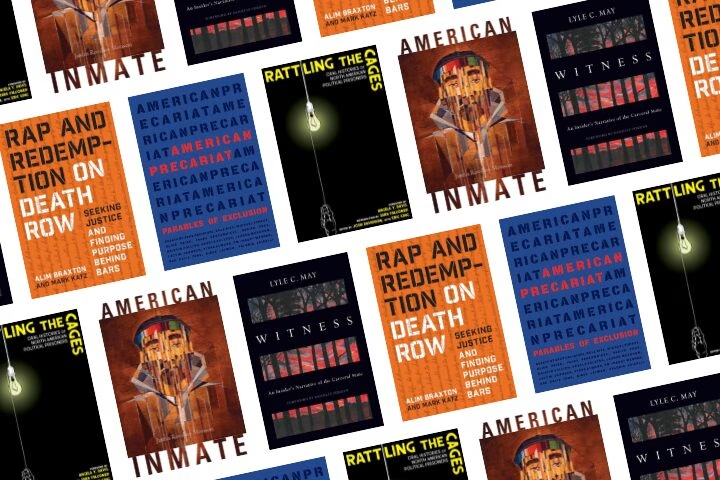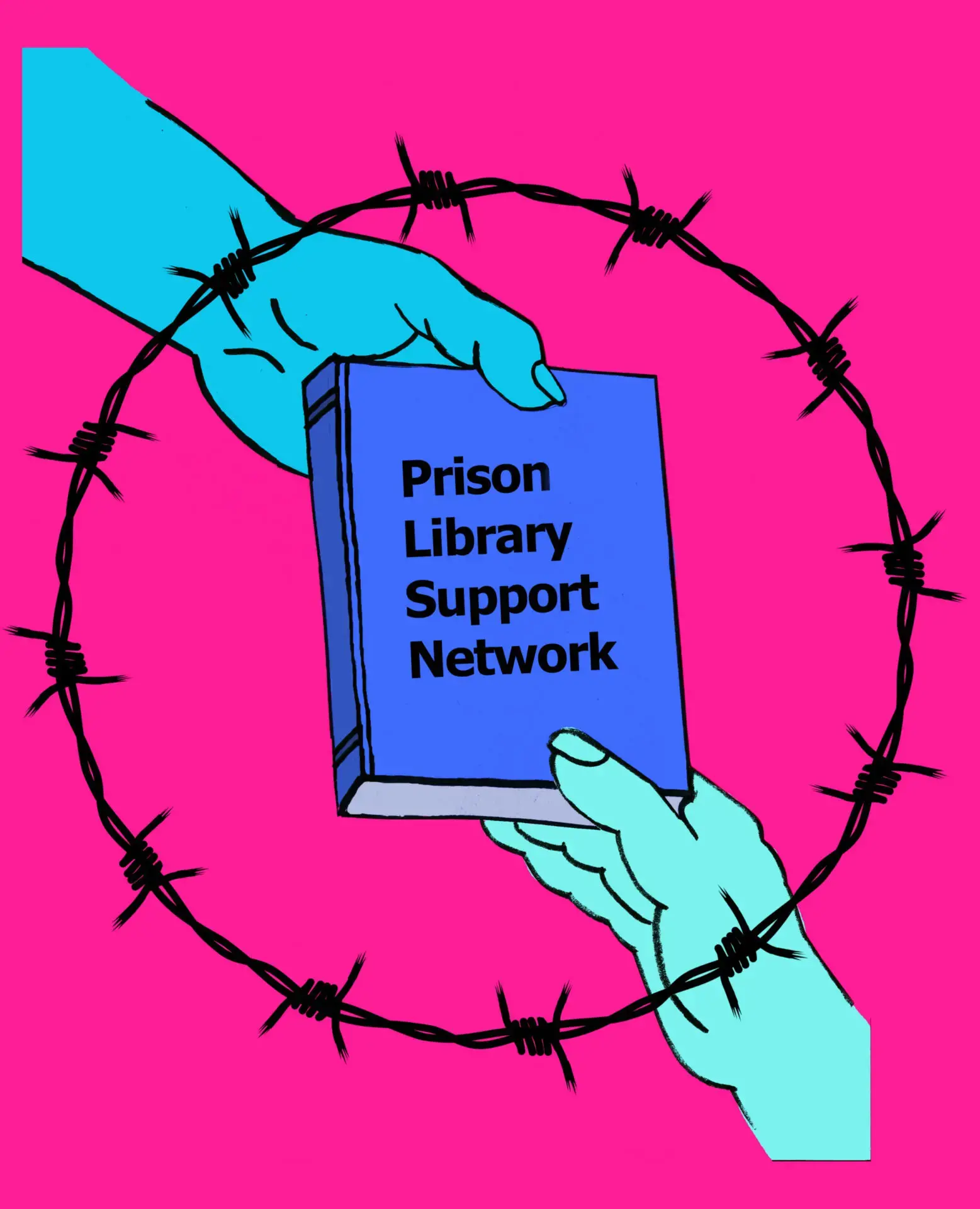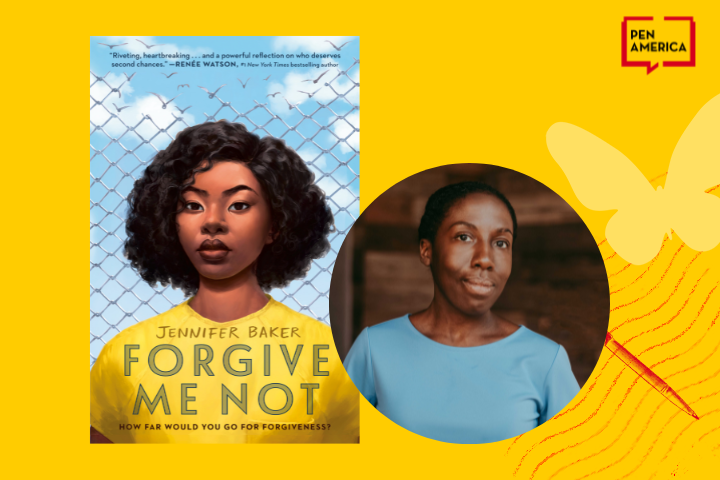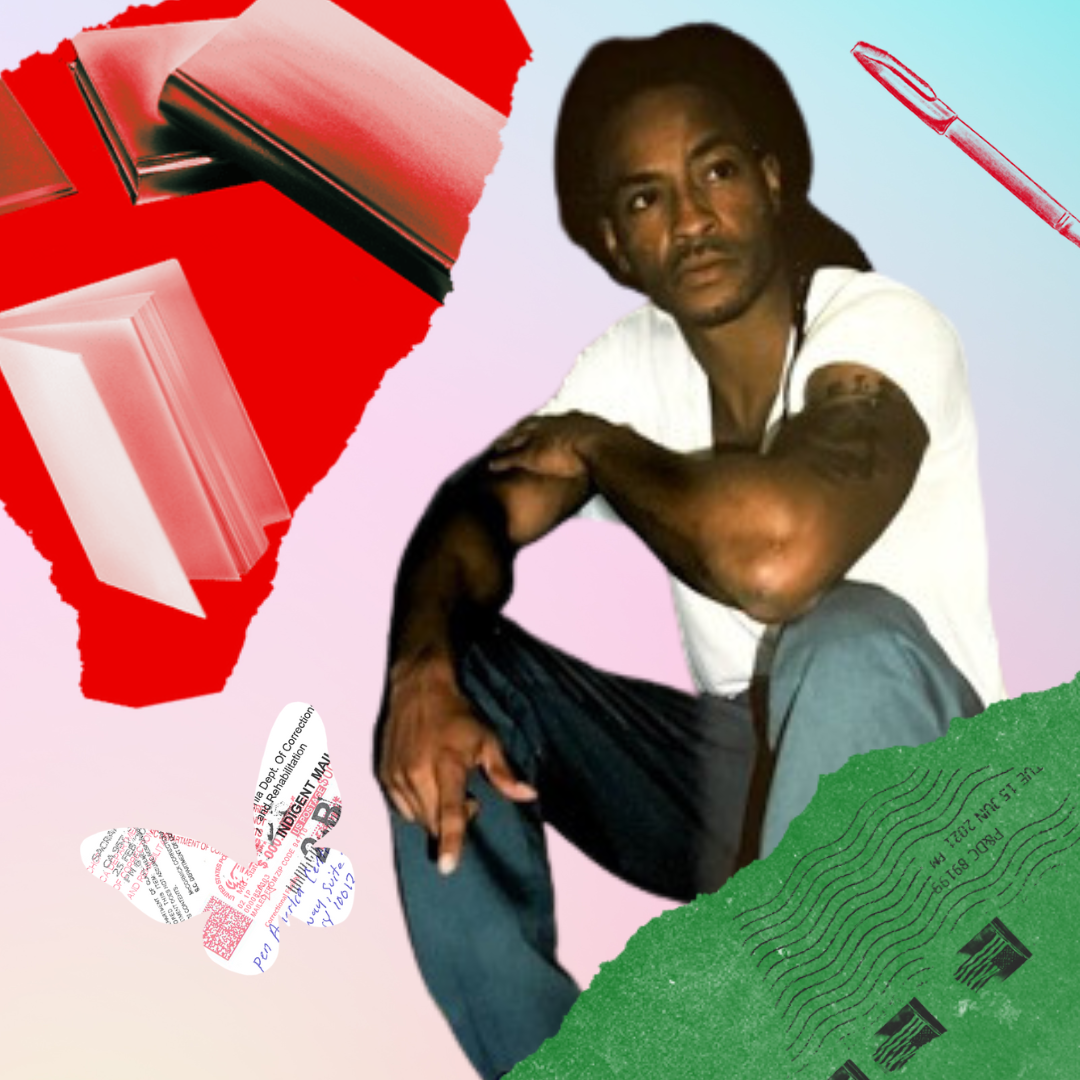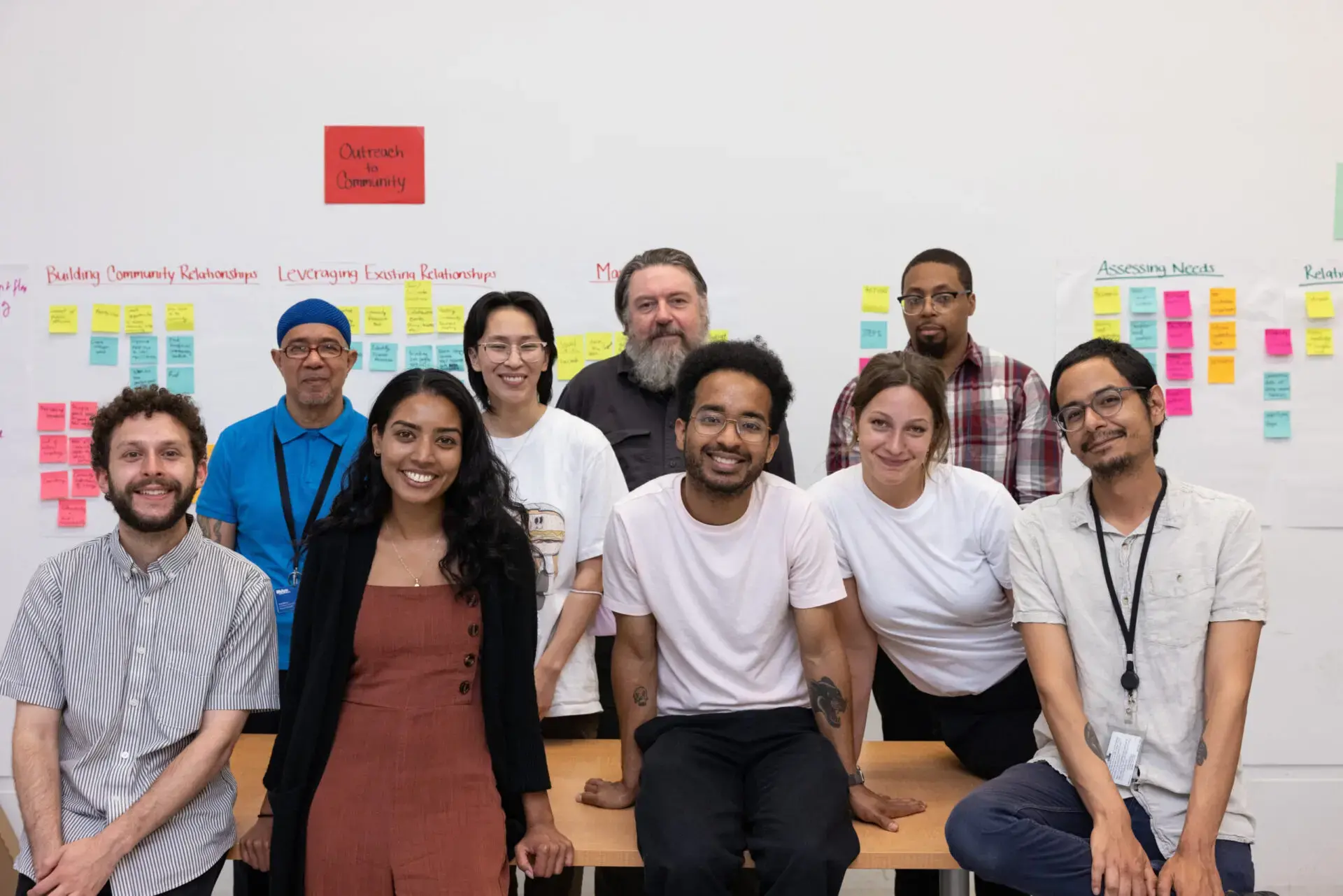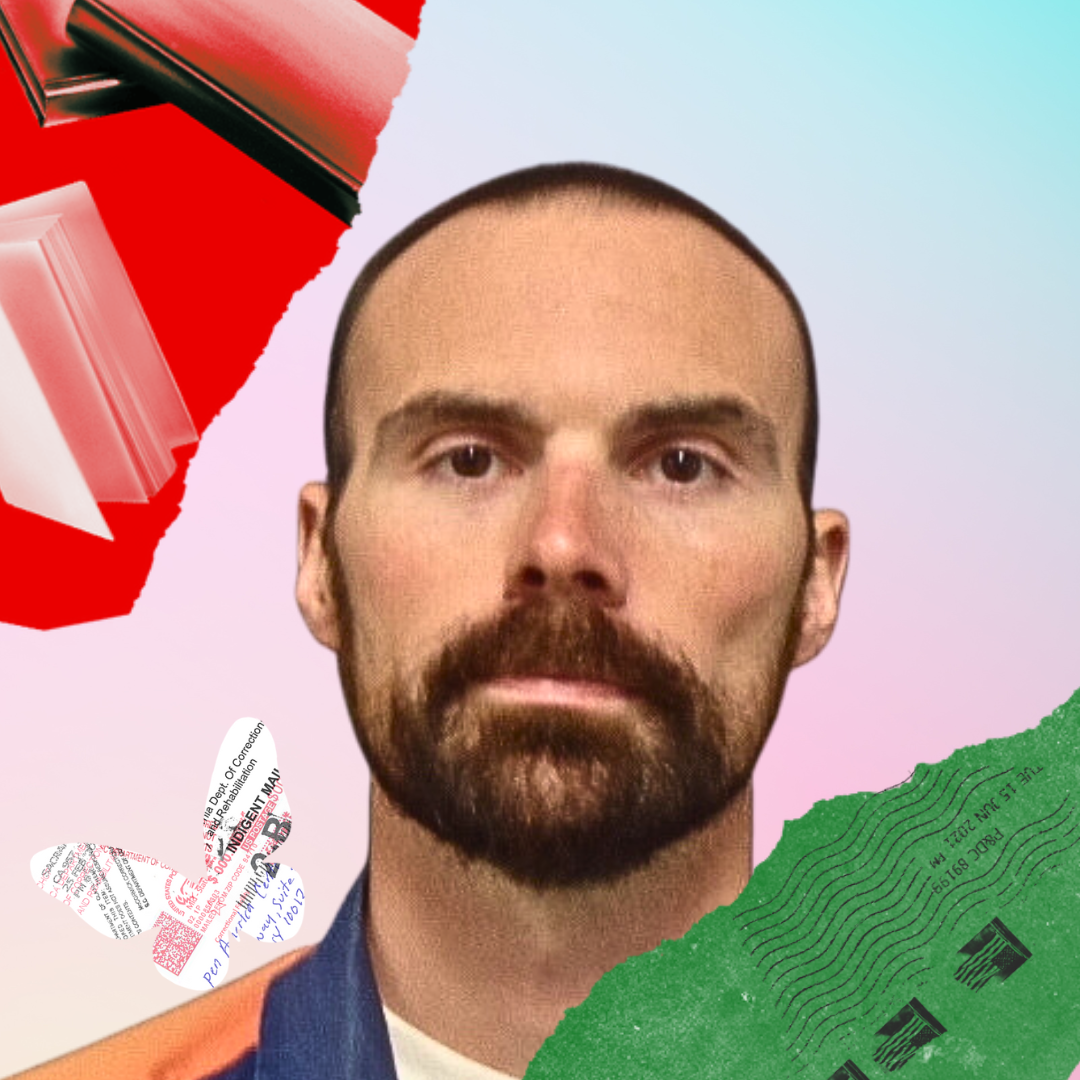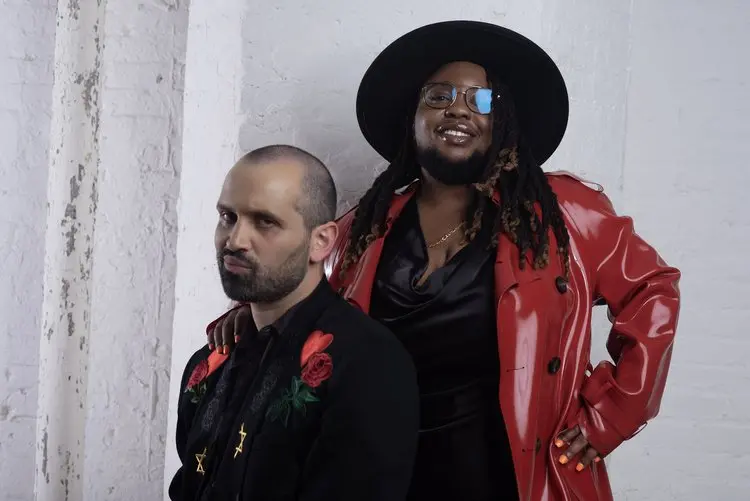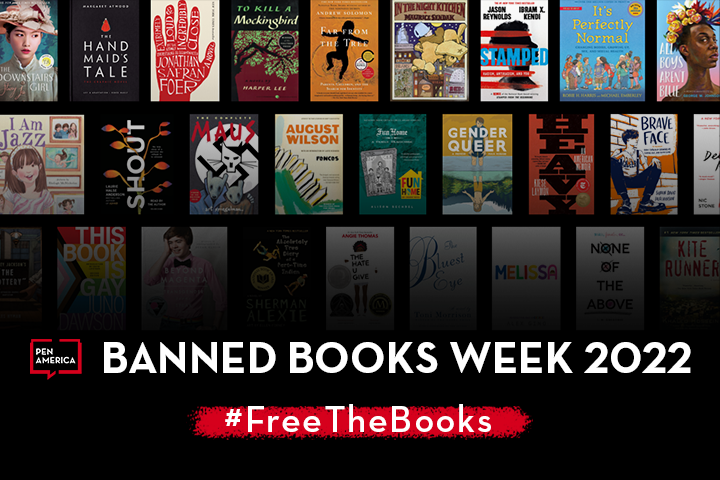
In November 2023, Coffee House Press released American Precariat: Parables of Exclusion, an anthology of essays edited by a collective of incarcerated writers involved in the Minnesota Prison Writing Workshop. The volume interrogates the complexity and fluidity of class and caste systems in the United States, and includes transcribed conversations of the editors discussing each essay. In the latest Works of Justice podcast, two of the editors, C. Fausto Cabrera and Zeke Caligiuri, talk about how they developed a friendship rooted in writing while incarcerated, what they did to bring writing programs into Minnesota prisons, and the history of how the volume came to be.
Below is an excerpt from the transcript of the podcast. Click here to access a PDF of the full transcript. For additional information and context about the conversation, click here for a podcast resource guide.
Download the Podcast Resource Guide
Zeke Caligiuri: That’s always a lot of times it’s like we have this redemption story that people tell always. If you don’t tell it in that sort of form, it’s almost like it doesn’t get the same kind of attention, but artistically, like it’s not saying anything new, right?
Like how are we going to say something new? How are we going to really tell our stories and also not feel like a bitch and like that I’m not just sort of doing this at the behest of the, you know, of the institution.
C. Fausto Cabrera: For me- for me, it was like, you’re doing these things in these groups and it’s disappearing. And then they shame you for it. Like, so you get to a point to where they’d be like, oh, could you tell us your story? And then you tell it, and this is the 50th time I’ve told my story and I’m not crying, I’m not breaking down, I’m not emotionally like, inept anymore because in the beginning it was- it is hard to tell your, you know, the- you know, the- the- own up to some shit. But then like, I was seeing like, oh, this is like, I’m not doing anything with this.
Zeke Caligiuri: Nobody wanted to let you get free once you’ve been accountable. You can be the most accountable, you can do these things, and the point was, it didn’t make you any more of a human being to the people that were running institutions.
So, they had stopped letting these professors in. And so, that was that point when we got together too. And you came to me, I remember you coming to me and saying, if we create something, you know, this is what it could look like. And he’s talking about, um, he’s talking about long-term mentorship program, he’s talking about like, making sure we have classes, ongoing classes- because for me, I remember feeling like the great thing that we were cheated was an association with a real world community, a real world literary, a real world arts community, because that is where sort of like the networks and the understanding of like how- what it was going to take to be able to create, right?
Like, I mean, there is still very much the, if I create a book, I’m just hoping it’s going to somehow get in the right hands and go somewhere with it. But like, like, now knowing what I know from being out here in the world, like, I understand that that’s not the usual formula, right? Like, that’s not just like- and it’s not like, gonna just happen on its own unless like, and so, uh, back then it was like, I just need to figure out a way in which I can finish this, this book and we can finish these things and like, not have more things get in the way of our sort of creative careers starting and, you know, and accelerating at the point, like when you’re kind of feeling like there’s a little push too, because there’s a fear. Things die. It’s like we die.
C. Fausto Cabrera: And I- I saw it in, you know, in different dynamics too, like, since I wasn’t a writer, I was looking at it from like, a power dynamic. Like, it was- I was upstairs running the art program, I was doing the budget, I was doing everything. I wrote the curriculum, I was teaching people how to draw from scratch. I was doing all these things because I created, um, an avenue once I understood the system. So like being in that space and seeing that, like, for me, it was almost like, well, fuck, we can do this ourselves. We don’t need anybody.
So it was really an act of defiance and you know, like, well, fuck them. We can figure it out, I’ll figure that out. And Zeke was working on his book and was focused. He didn’t have time to be doing none of this shit. So I was like, I was just bored. I was ready for a new challenge. So a lot of the shit was, I was just doing that shit out of, you know, spite, like, or out of like, you know–
Zeke Caligiuri: –my favorite reason. My favorite reason to do stuff.
C. Fausto Cabrera: Right. Like, and that’s- for me, that’s- you know, and we talk about, you know, this positivity and reform and all that. Really? There’s so much of this was created out of dark spite, you know, just dark, sick energy. Like you got me fucked up. I’m going to do something to show you how fucked up you got me. And, you know, look at where we’re at now. I feel like–
Zeke Caligiuri: –we knew it was a system of abuse because we knew and felt it. The world did not yet, right? We’re just talking about
C. Fausto Cabrera: –the world did not. The world did not. And so like, you come up and you’re like, you know, oh, you got me fucked up. I’m gonna do something about it, right? And it just ended up helping a lot more other people.
So, my idea was to come and- and just to build this infrastructure that they couldn’t do anything about. Like, so I came up with this, you know, the pamphlet series, which Zeke basically wrote. I said, hey, we’ll write some shit about writing and I’m going to put it in this brochure and I’m going to- this is going to be the Stillwater Writers Collective, we’ll just start this Collective. We’ll put a board together. Um, Deb was there to help. She had told me early on, “don’t make it a cult of personality, don’t make it to where it’s just you.” So, I created a board. I invited some people to sit on the board. You know, we wrote up the mission statement. We did all that shit like, and then we just presented it to the education director. We said, look, this is what we need to do.
This is, you know, the spirit of resistance and again, like, the spite aspect, I think that doesn’t get amplified enough because, you know, at a certain point, when are we just supposed to pick- pick ourselves up and stop crying about the shit that we’ve done?At a certain point, what- you know, what is remorse, what’s the value of remorse when you’re sitting in a fucking cell for 20 years? What’s the value of that? Like, and then you go to these people and they’re like, why aren’t you crying about what you’ve done? Well, because you just sat me in an institution for 20 years and- and just browbeat me and never allowed- you know, you never came to check on me, you never came to see if I was doing all right. So, we did that for each other. And this was just what, you know, ended up being the avenue to do it.
Um, and that’s where I think like, where we have yet to figure it out, how we deal with, you know, mistakes in this country. You know, what we have to do, this is- this is a serious- this is deeper than just us trying to figure out how to write, it’s us trying to figure out how to become citizens after we’ve, you know, um, taken a life or been involved in, you know, the worst shit, you know. That’s still- it’s still like, now tiptoed around, now that I’m out and, you know–
Zeke Caligiuri: –because we can’t- you can’t expect us to restore things, restore old relationships, restore harms, unless we’re able to get restored in our own right. Restored people restore communities, right? Like, I know that sounds cliche, but at the same time, like we were going to be damaged at some point, but like we had to restore ourselves. It was a belief in yourself and belief in your own humanity. One of the basic building blocks was behind the idea that if we didn’t do it, who was going to do it, right?
And we just got so very lucky when Jen Bowen brings MPWW to uh, the facility. Like, “Well, you know, Jen Bowen teaches these classes”—this is the voice of our old education director. You are running the Stillwater Writers Collective as MPWW is coming in, right. That’s 2013. Basically like the MBWW is the Minnesota Prison Writing Workshop, right, that’s been around for 13 years. They’ve offered courses, programs, right, like, they took off and like, expanded really along parallel at the same time that the Stillwater Writers Collective, which Chris and I have been talking about creating.
C. Fausto Cabrera is a multi-genre artist, writer, and activist recently released from incarceration after 21 years. His work has appeared in The Colorado Review, The Antioch Review, Puerto del Sol, and The Woodward Review, among others. With photographer Alec Soth, he is the author of the prose epistle project, The Parameters of Our Cage (MACK Books, 2020), and most recently, he served as an editor for American Precariat: Parables of Exclusion (Coffee House Press, 2023). Cabrera co-founded The Stillwater Writers Collective, a partnership with the Minnesota Prison Writing Workshop. He works closely with the organizations Until We Are All Free and We Are All Criminals to bring attention to the multifaceted ways justice impacts people and communities. He is a Haymarket Books 2024 Writing Freedom Fellow.
Zeke Caligiuri is a writer and activist from South Minneapolis. He is the author of This is Where I Am (University of Minnesota Press, 2016), a finalist for the Minnesota Book Awards. He has won multiple awards through the PEN Prison Writing Awards and is a co-founder of the Stillwater Writers Collective, the first all-prisoner created and facilitated collective in the country. He is a contributor to The Sentences That Create Us: Crafting a Writer’s Life in Prison (Haymarket Books, 2022), as well as School, Not Jail: How Educators Can Disrupt School Pushout and Mass Incarceration (Teachers College Press, 2021). Caligiuri is an editor and contributor to the recent anthology, American Precariat: Parables of Exclusion (Coffee House Press, 2023). His fiction was anthologized in Prison Noir (Akashic Books, 2014), edited by Joyce Carol Oates. As an incarcerated writer, his work has been widely published in journals and anthologies for years. He is directly impacted by over two decades of incarceration and currently does community outreach for the Minnesota Justice Research Center and is helping to build the Re-Enfranchised Coalition, empowering system-impacted people and reinvesting in the humanization of those still stuck within the captivity business. He was recently named as a 2024 Writing Freedom Fellow.
